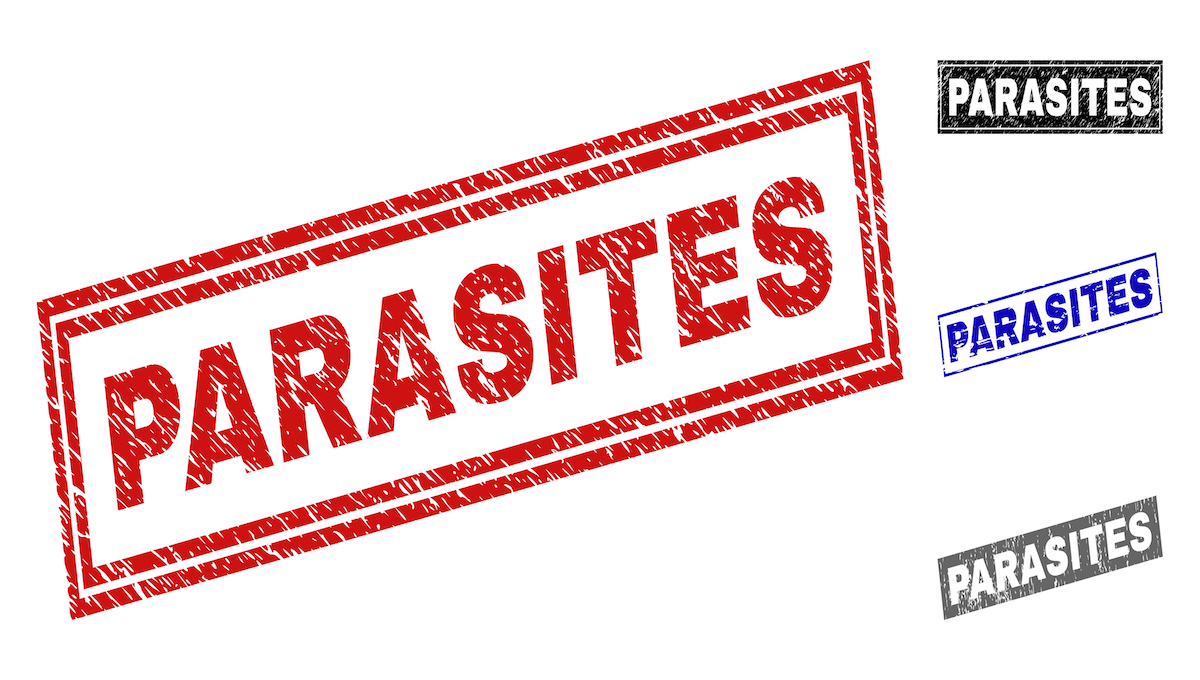Scientists in Australia have identified a parasite in game deer and feral pigs for the first time. Researchers at Charles Sturt University discovered the Sarcocystis species of parasite during their work and said it sheds light on a previously unrecognized risk. Several wild game meat species, including deer and feral pigs are hunted and consumed in Australia.
Sarcocystis can infect humans in two ways: intestinal sarcocystosis is mostly asymptomatic, although symptoms such as nausea, abdominal discomfort, and self-limited diarrhea that typically resolves within 36 hours can occur. Extraintestinal sarcocystosis is usually asymptomatic, with infection of muscles leading to symptoms including painful muscle swelling, fever, muscle tenderness, weakness, and trouble breathing. The European Food Safety Authority (EFSA) previously identified Sarcocystis hominis and Sarcocystis suihominis as zoonotic hazards.
Potential health risk The research team examined the oesophagus, diaphragm, and heart tissue from 90 deer and eight feral pigs in the southeastern regions of the country, searching for visual signs of Sarcocystis cysts. Findings were published in the International Journal of Food Microbiology . Although no cysts were detected, polymerase chain reaction (PCR) testing and histopathology confirmed the presence of the parasite.
Research was led by Professor in Veterinary Parasitology Shokoofeh Shamsi, who said the findings are concerning as they suggest that infected animals, especi.

















